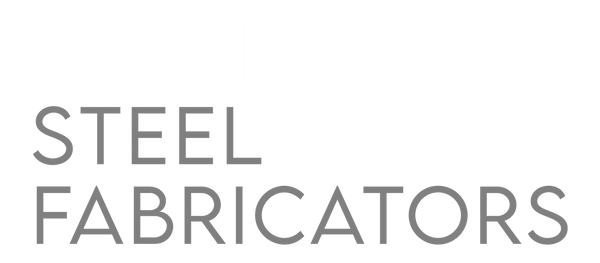Sustainability in Steel Fabrication: How We’re Reducing Waste
Share
Sustainability is no longer a side conversation in the Melbourne steel industry—it’s shaping the way fabrication is done. With steel being one of the most widely used materials across construction, manufacturing, and infrastructure, improving sustainable steel fabrication practices is a priority for reducing waste, cutting emissions, and ensuring long-term industry viability.
By focusing on eco-friendly steel fabrication, manufacturers are rethinking traditional processes, introducing smarter material usage, and adopting new technologies to minimise environmental impact.
The Environmental Impact of Steel Fabrication
Steel is known for being strong, durable and endlessly recyclable, which plays a big part in answering the question: is steel sustainable? In many ways, yes. But that doesn’t mean there aren’t challenges to address.
High energy consumption, significant carbon emissions, and material waste from inefficient cutting processes all contribute to environmental strain. On a global scale, steel manufacturing is one of the biggest sources of industrial emissions. Locally, Melbourne businesses are increasingly conscious of these impacts, recognising the need for change. Reducing waste at every stage of sustainable metal fabrication is key to ensuring the industry moves towards greener practices.
Smarter Waste Reduction in Steel Fabrication
Steel fabricators are adopting waste reduction in steel fabrication through improved efficiency, optimised material usage, and sustainable innovations.
Recycling and Reusing Steel
Steel can be recycled again and again without losing its strength. That’s a big reason why the answer to is metal sustainable is often yes. Many Melbourne manufacturers are now repurposing offcuts and integrating recycled steel into new products reducing landfill waste while easing the demand for newly mined materials.
Energy-Efficient Production
Fabricators are turning to eco-friendly steel fabrication by investing in energy-efficient furnaces, heat recovery systems, and renewable energy sources. These upgrades help lower energy consumption and reliance on fossil fuels. Government incentives supporting cleaner manufacturing processes also encourage businesses to prioritise energy-efficient solutions.
Precision Cutting and Automation
The rise of advanced fabrication techniques such as CNC machining, laser cutting, and waterjet technology is revolutionising sustainable steel fabrication. These methods allow for more accurate cutting, which means fewer offcuts and less wasted material. Emerging trends in automation and AI-driven systems are also improving efficiency, helping manufacturers optimise their production processes and minimise excess material use.
Eco-Friendly Coatings and Treatments
Traditional steel treatments often contain harsh chemicals that contribute to pollution. More manufacturers are switching to sustainable steel fabrication coatings with low volatile organic compounds (VOCs), which help reduce emissions and environmental contamination. These coatings also enhance steel’s durability, extending product lifespan and reducing the need for frequent replacements.
Why Sustainability Matters in the Steel Industry
So, is steel environmentally friendly? It can be—if it’s produced and used responsibly. Sustainability in steel fabrication isn’t just about minimising environmental impact; it also makes good business sense. Fabricators that adopt sustainable steel industry practices are seeing benefits in cost savings, reputation, and long-term stability. By reducing material waste and improving energy efficiency, businesses can significantly cut costs. Using eco-friendly steel fabrication techniques lowers expenses on raw materials and power consumption, leading to better profitability and resource efficiency.
Regulatory compliance is another major factor driving sustainability efforts. Governments are introducing stricter environmental regulations, and businesses that adapt early will be ahead of these changes. A strong focus on sustainability also enhances a company's reputation. Companies that embrace Melbourne steel industry sustainability can stand out in a competitive market, attracting new opportunities and reinforcing trust with existing customers.
Beyond the immediate benefits, sustainability helps ensure long-term industry resilience. Reducing reliance on raw materials and energy-intensive processes stabilises the supply chain and makes businesses less vulnerable to price fluctuations and resource shortages. As the Melbourne steel industry sustainability movement grows, companies that take action now will be better positioned for future success.
The Future of Sustainable Steel Fabrication
Looking ahead, the future of Melbourne steel industry will be shaped by sustainable innovations. The rise of carbon-neutral steel production, AI-driven quality control, and government incentives for eco-friendly steel fabrication will push the industry towards even greener solutions.
Fabricators that embrace these advancements will be best positioned to meet growing sustainability expectations, reduce environmental impact, and drive the next phase of sustainable metal fabrication.
